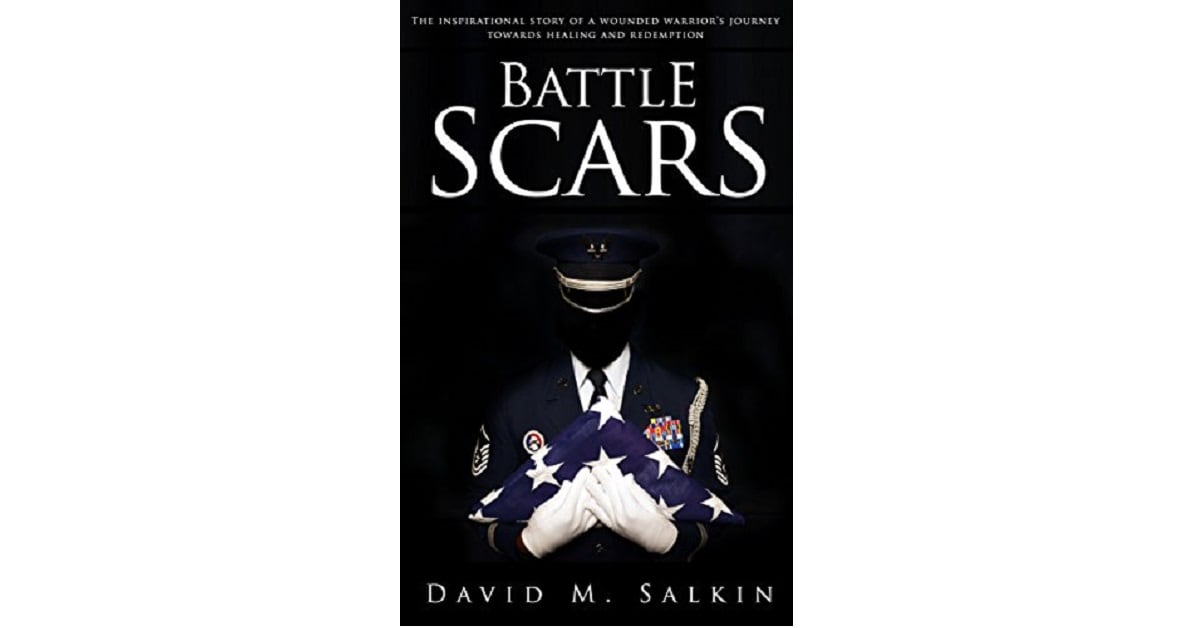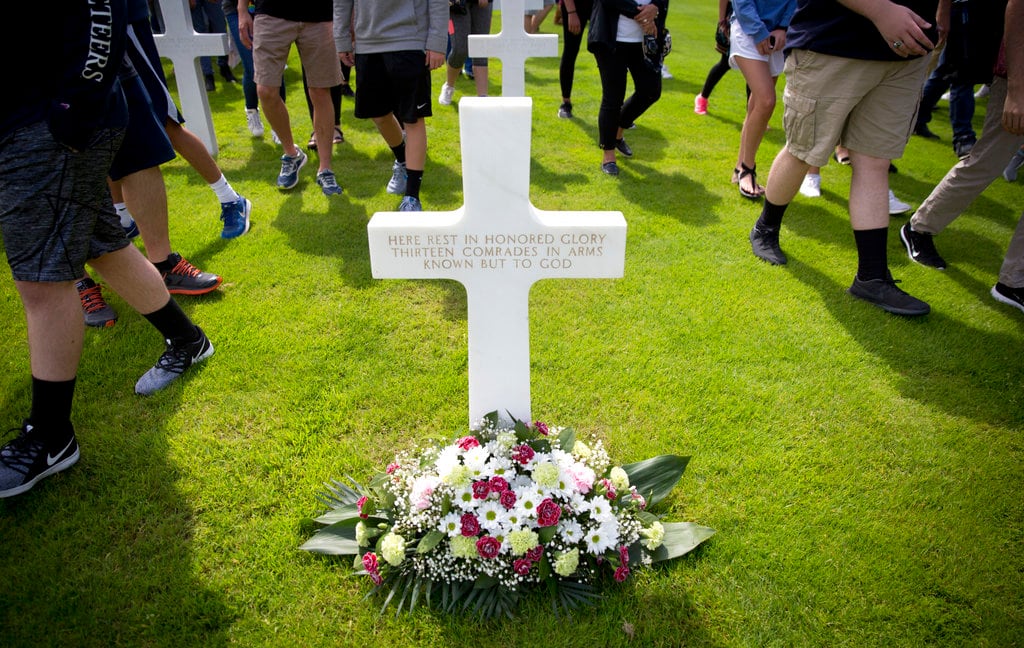A first-time author’s book of short stories adds to outstanding work from Iraq and Afghanistan veterans, and highlights a quartet of new military-themed literary offerings for your consideration.
The reviews, in order of reading value and satisfaction. Prices are provided by the publishers; you may find better deals online or in your local bookstore.
Click here for our spring nonfiction reviews.

Bring Out the Dog: Stories by Will Mackin, Random House, 192 pages, $27.
The short book of short stories launches the Navy veteran (23 years) into the pantheon-in-progress of outstanding literary fiction coming out of today’s wars.
Two of the 11 pieces appeared first in The New Yorker —an indication of their high quality. All take place in the dystopia of hard-working, dirty dogs of war, “et cetera” (a favored word). And all are set where “the reigning world champions of speed and violence” train in Utah and North Carolina, or fight in Iraq or in Afghanistan, in the crevices of mountains and warriors’ brains.
All of that means if you require easy resolution in your fiction, you might be more comfortable with a thriller (See below). Instead of O. Henry, think George “Lincoln in the Bardo” Saunders, with whom the author studied.
The canine in the title is a Belgian Malinois whose memorial service occurs in the dark, when “night vision had afforded certain advantages” including the ability to see “ice crystals trailing off the drone’s wingtips.”
In “Rib Night” at the dining facility, an operator sees “seahorse tails spinning clockwise” in a buddy’s eyes, and “time machine” pills feel “like money in the bank.” There’s a brawl, justified of course, over a carton of milk, and the story is a must-read.

Indian Country by John T. Young, IngramElliott, 246 pages, $15.
In this thriller that deftly meets the genre’s formula and also quotes Oscar Wilde and Flannery O’Connor, an Indian reservation is a scene of action and a source of solace.
Hero Jack Kincaid, an Iraq and Afghanistan veteran on an FBI gig, identifies and wants to expel the bad guys: Mexican drug dealers, Pakistani jihadists, and Americans who claim “we don’t need the [expletive] government telling us what to do” while they accept al-Qaida and cartel cash.
Al-Qaida imports heroin to the U.S. because “the more America has to spend money and resources on its addicts, the weaker it becomes. And American dollars can be used to buy more weapons” — for the destruction of the U.S.
Only our hero and Native Americans have redeeming qualities. “Since Vietnam,” says the author and Army veteran of that war, “soldiers have regarded any combat zone as Indian Country,” a reference to Army’s 19th-century fights against Indians. In his novel’s sovereign nation, a Navajo Marine veteran of Vietnam exorcises spiritual demons — even Kincaid’s.

The Terminal List: A Thriller by Jack Carr, Simon and Schuster, 416 pages, $27.
With a pseudonym and a co-author (who receives two unbilled nods) and 10 pages of acknowledgments to everyone from the National Rifle Association to the Next Gen Foundation, a former Navy SEAL produces a suspenseful first thriller.
“List” moves fast — and predictably. A dying team member “drifted off to Valhalla” when 28 Rangers and 36 SEALs in hero James Reece’s Afghanistan unit are killed in an ambush. Reece discovers the culprits and avenges the despicable American higher-ups.
One has “liberal political leanings under a far-left Democrat president,” and another uses “the Pentagon like the world’s biggest ATM machine.” (Without the redundant “machine,” the line is a good one.)
“Your reputation was your currency” in special operations, and Reece strikes gold. He also strikes whomever he puts on his checklist of traitors, providing readers with blood and, literally, guts.
Reece’s pieces of violence unveil an undercurrent of politics. The preface warns of “revisionist views of the Constitution by opportunist politicians and unelected judges with agendas that reinterpret the Bill of Rights.” Any “consolidation of power at the federal level” must be “guarded against at all costs.”
The irony of Reece’s being a singular judge, jury and executor is the only thing that escapes him.

Battle Scars by David M. Salkin, Amazon, 120 pages, $7.
An airman is on the cover, but the story is about a Marine who walks a familiar path toward recovery after losing a leg and four friends in Afghanistan.
“The screenplay version,” says the author, “prompted the writing of this novella.” The occasionally touching “Thank You to America’s Warriors” has good intentions but feels like a training film.





